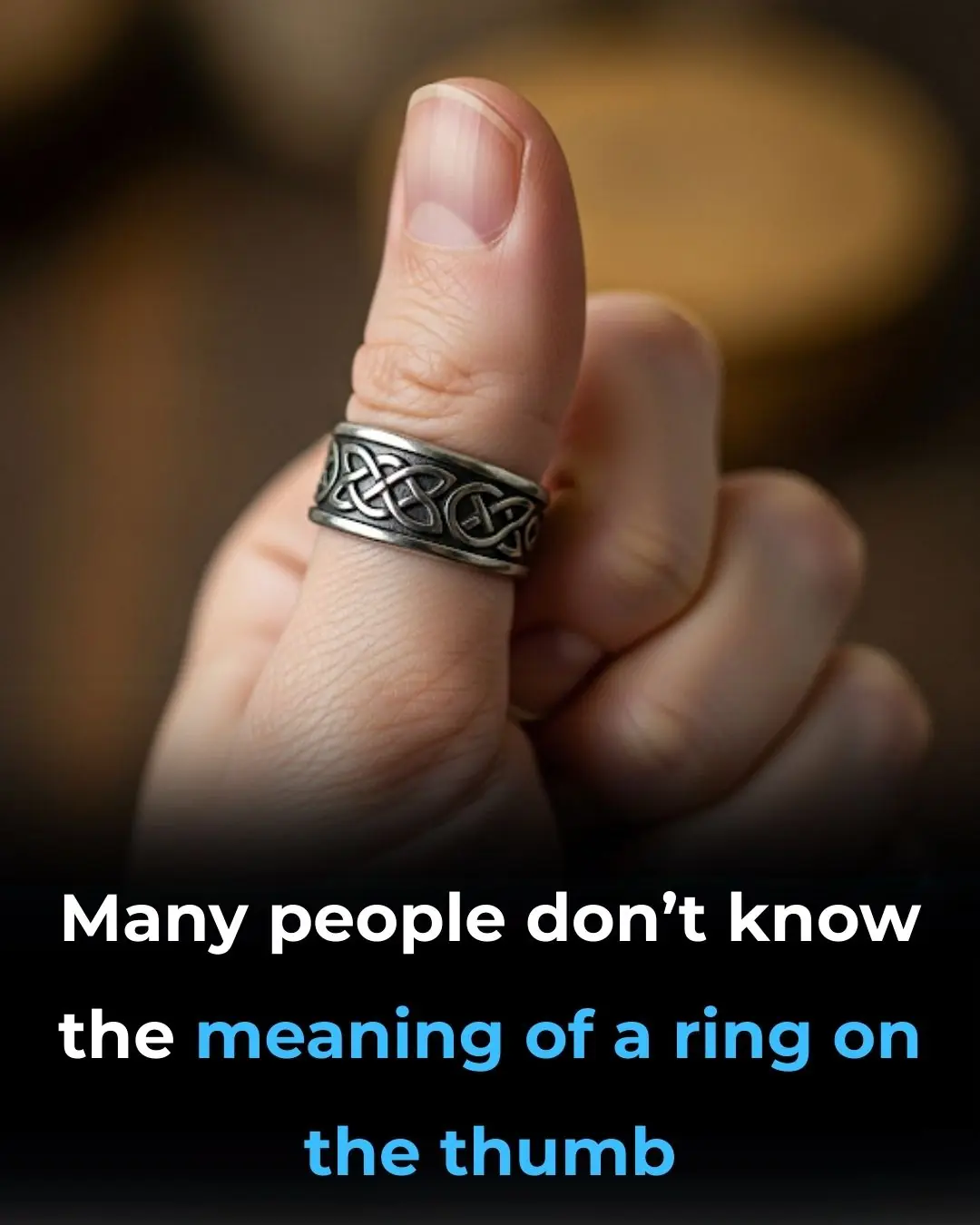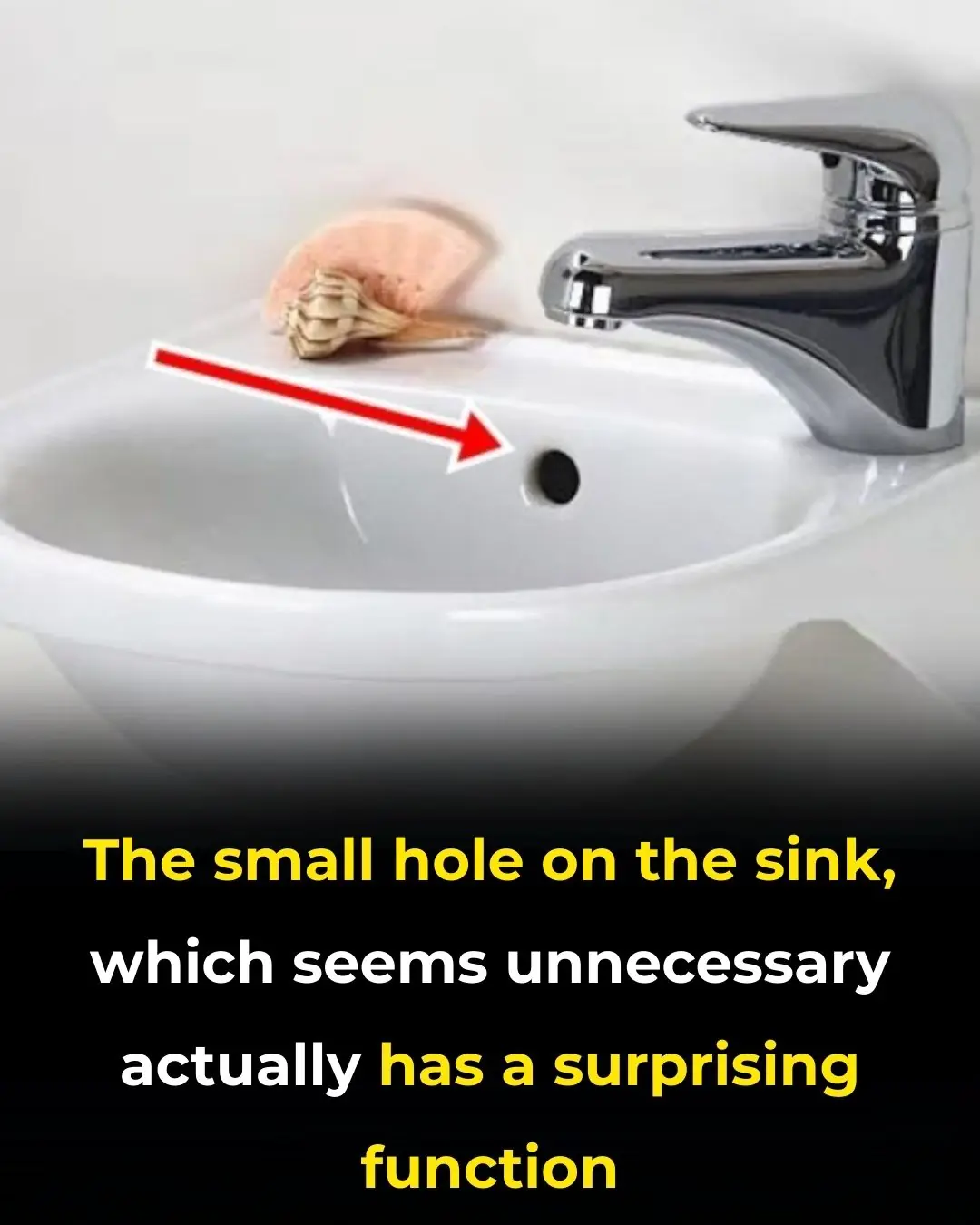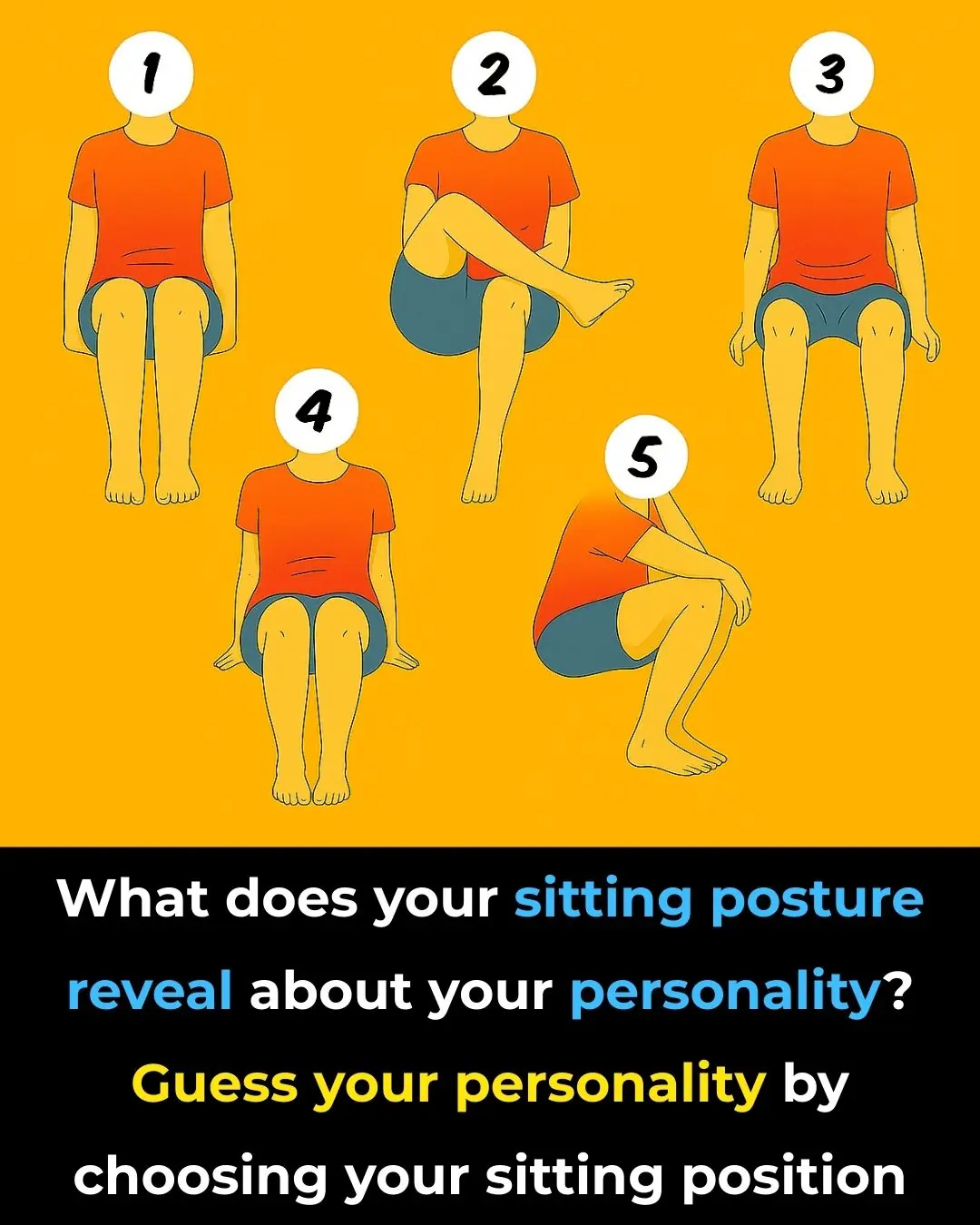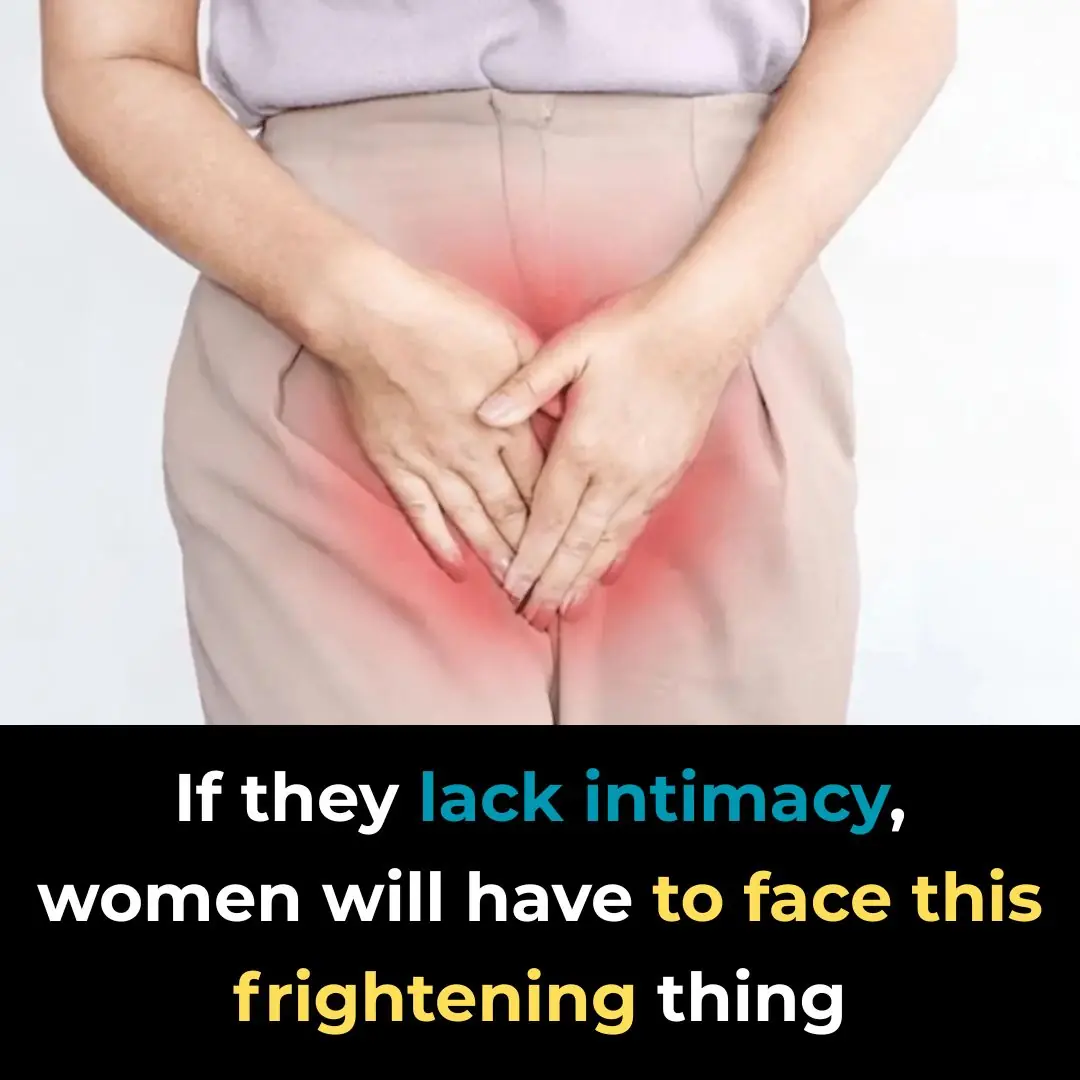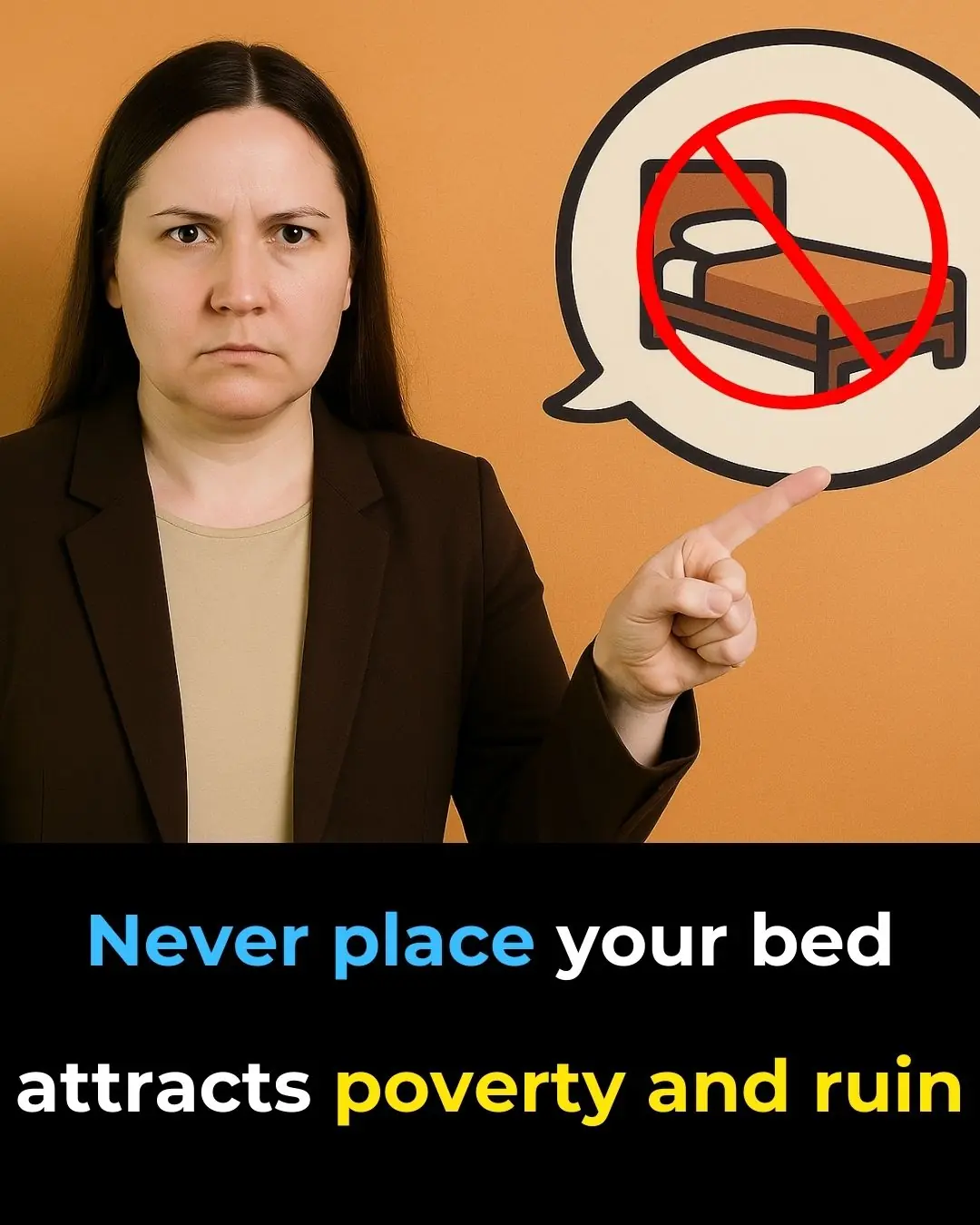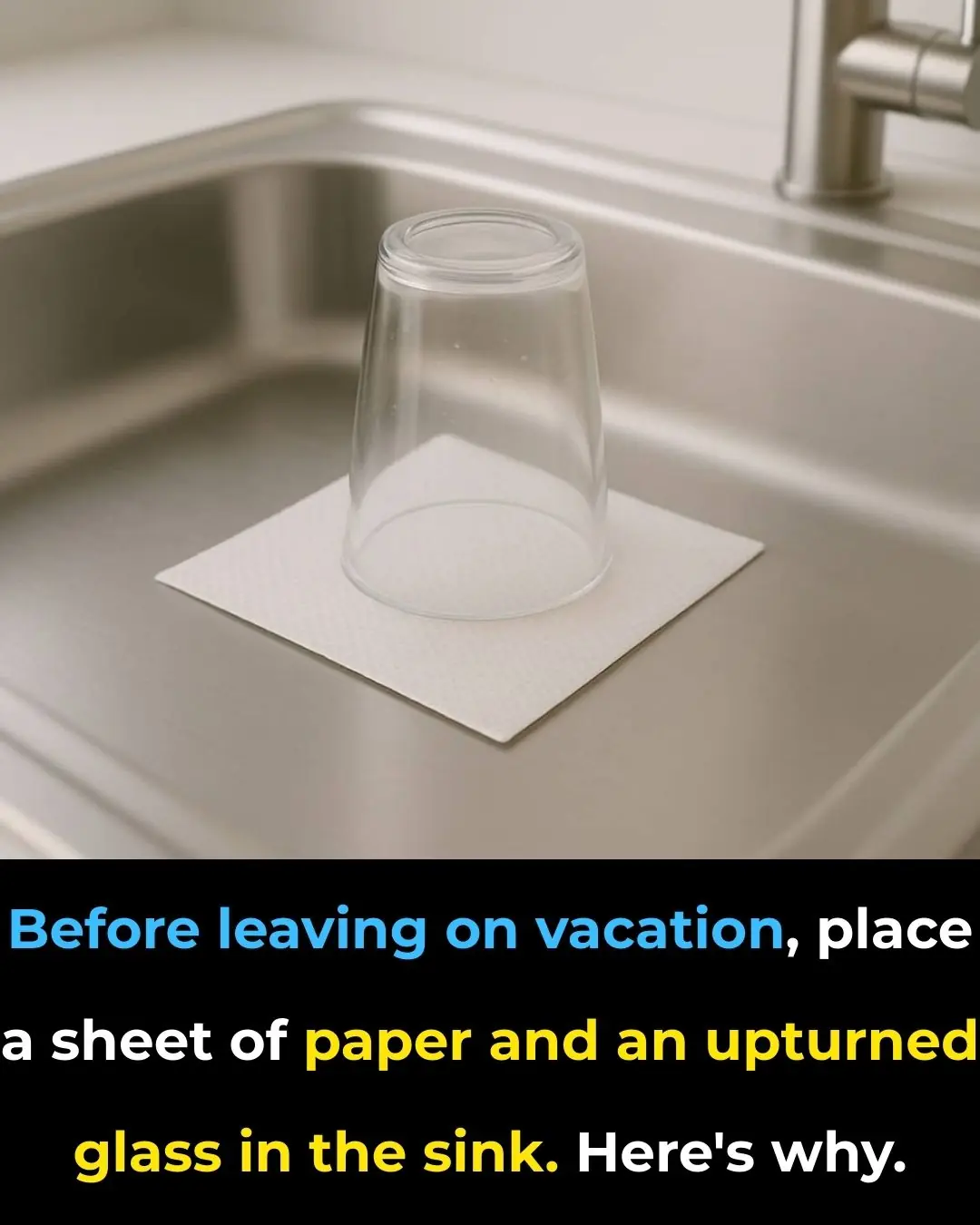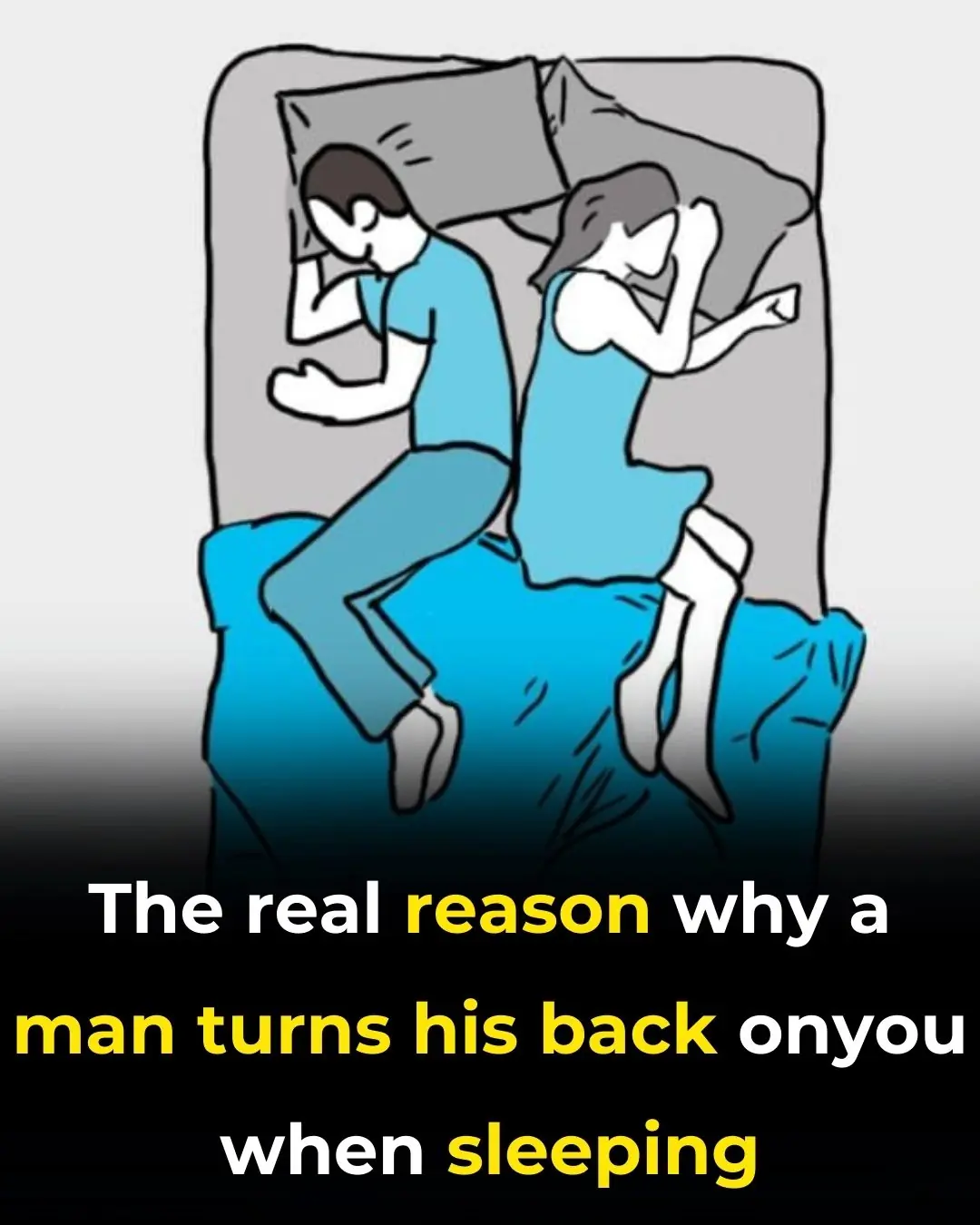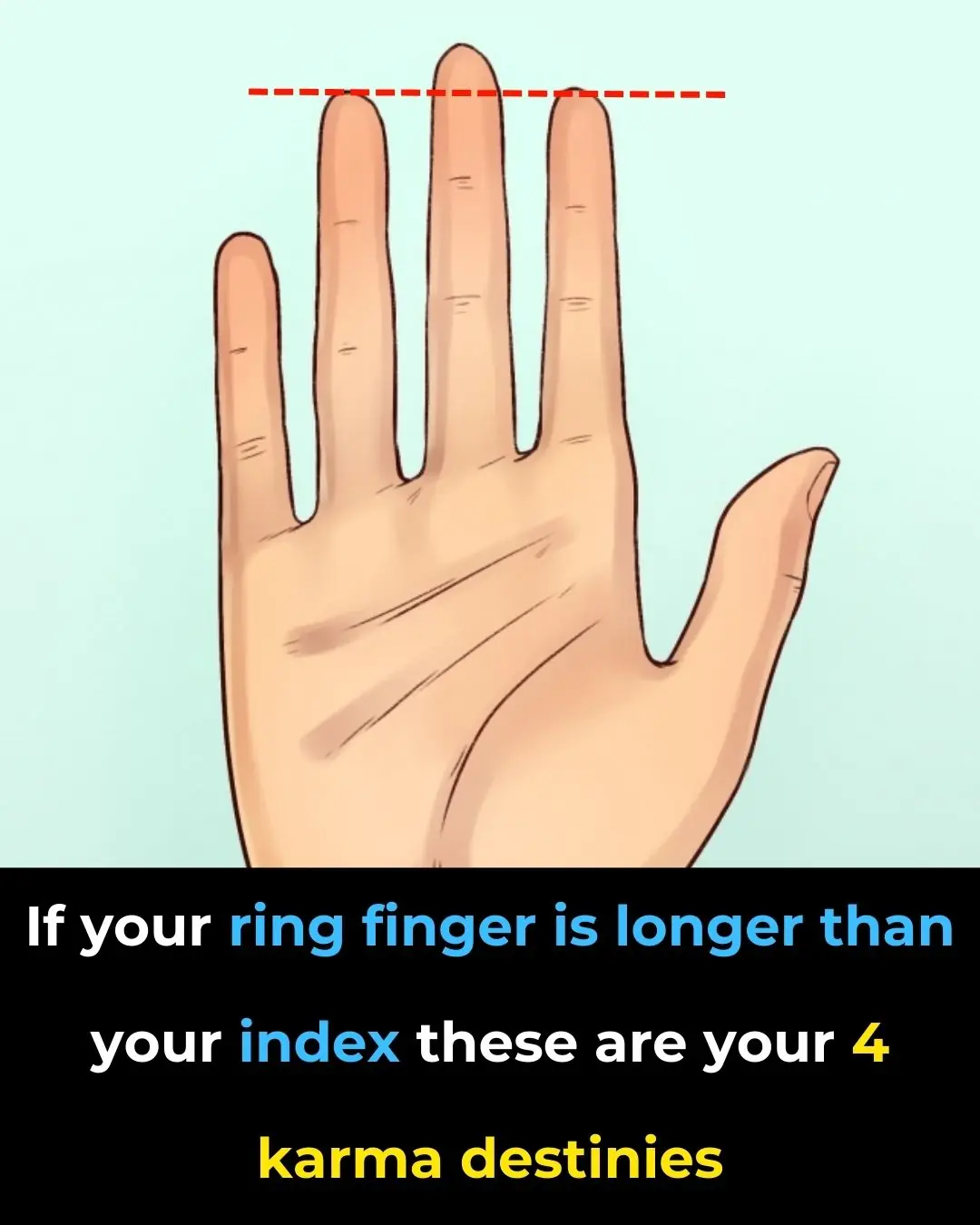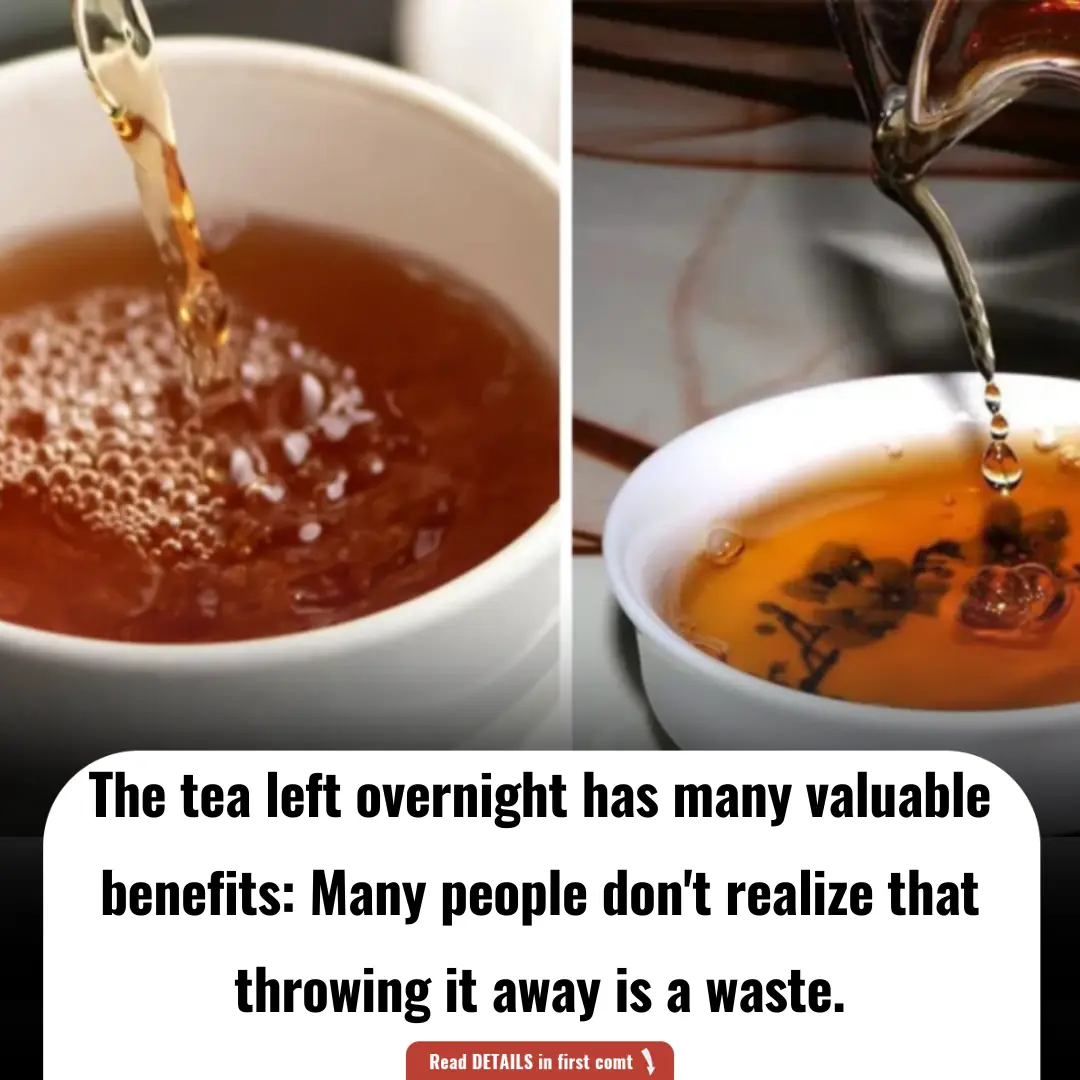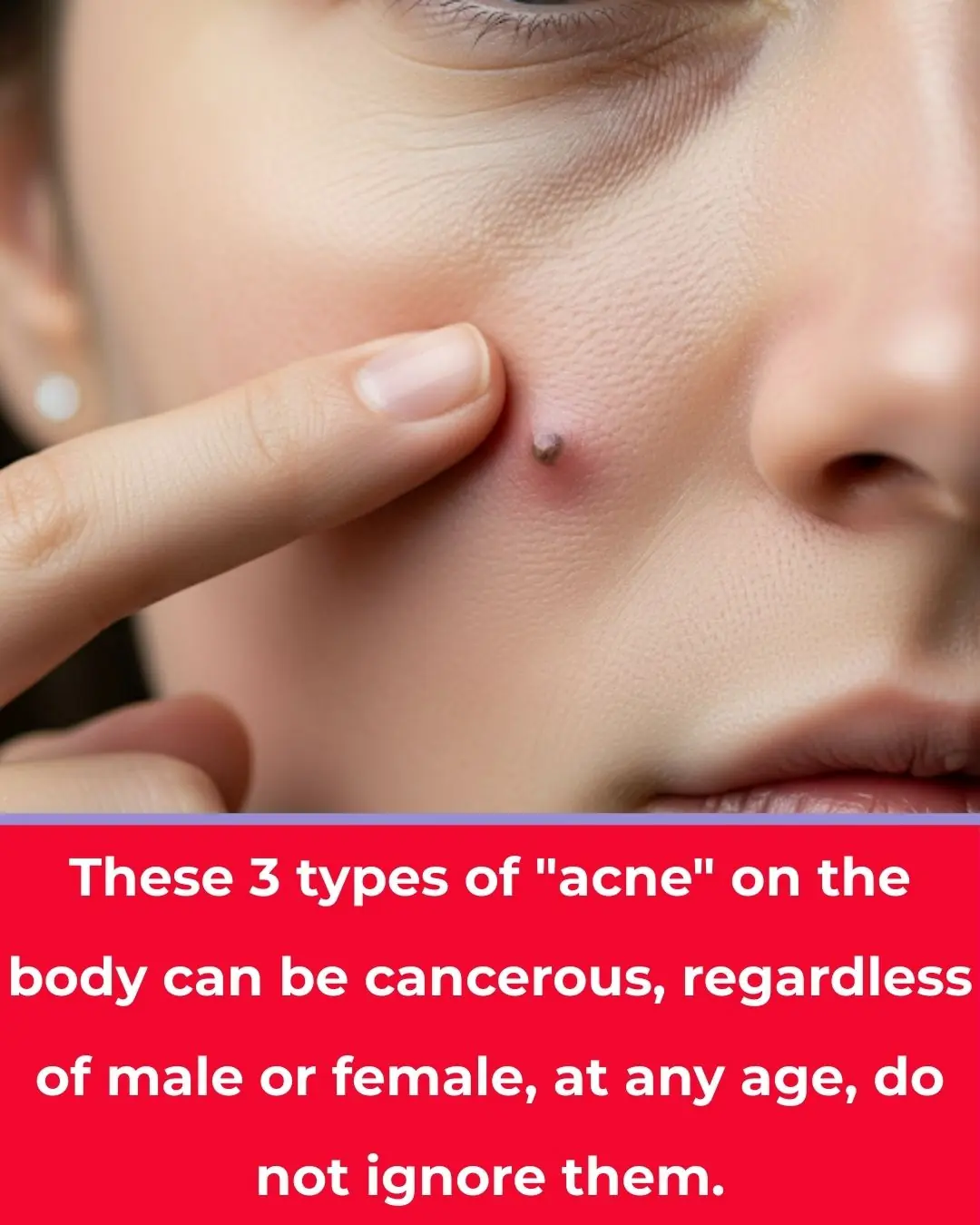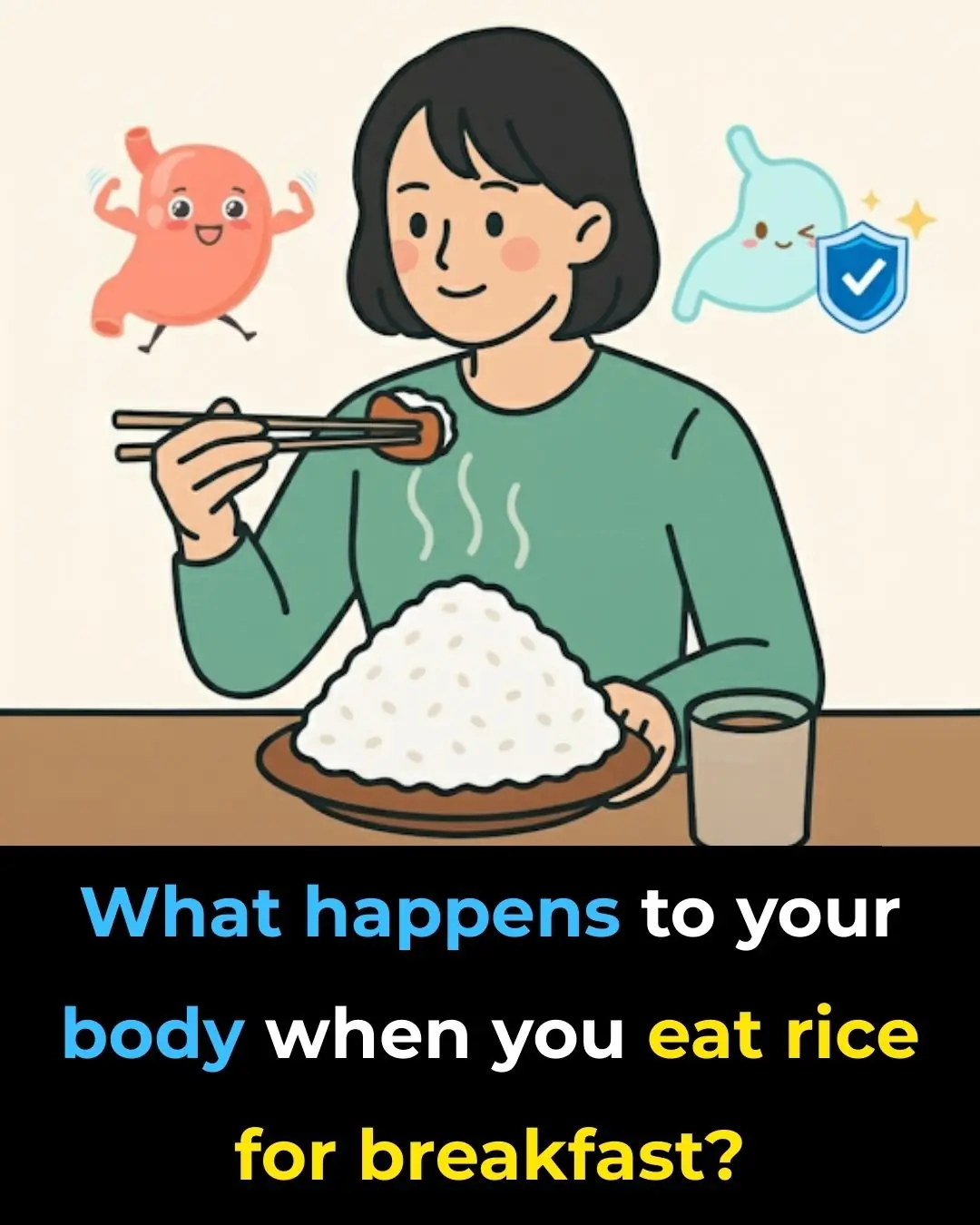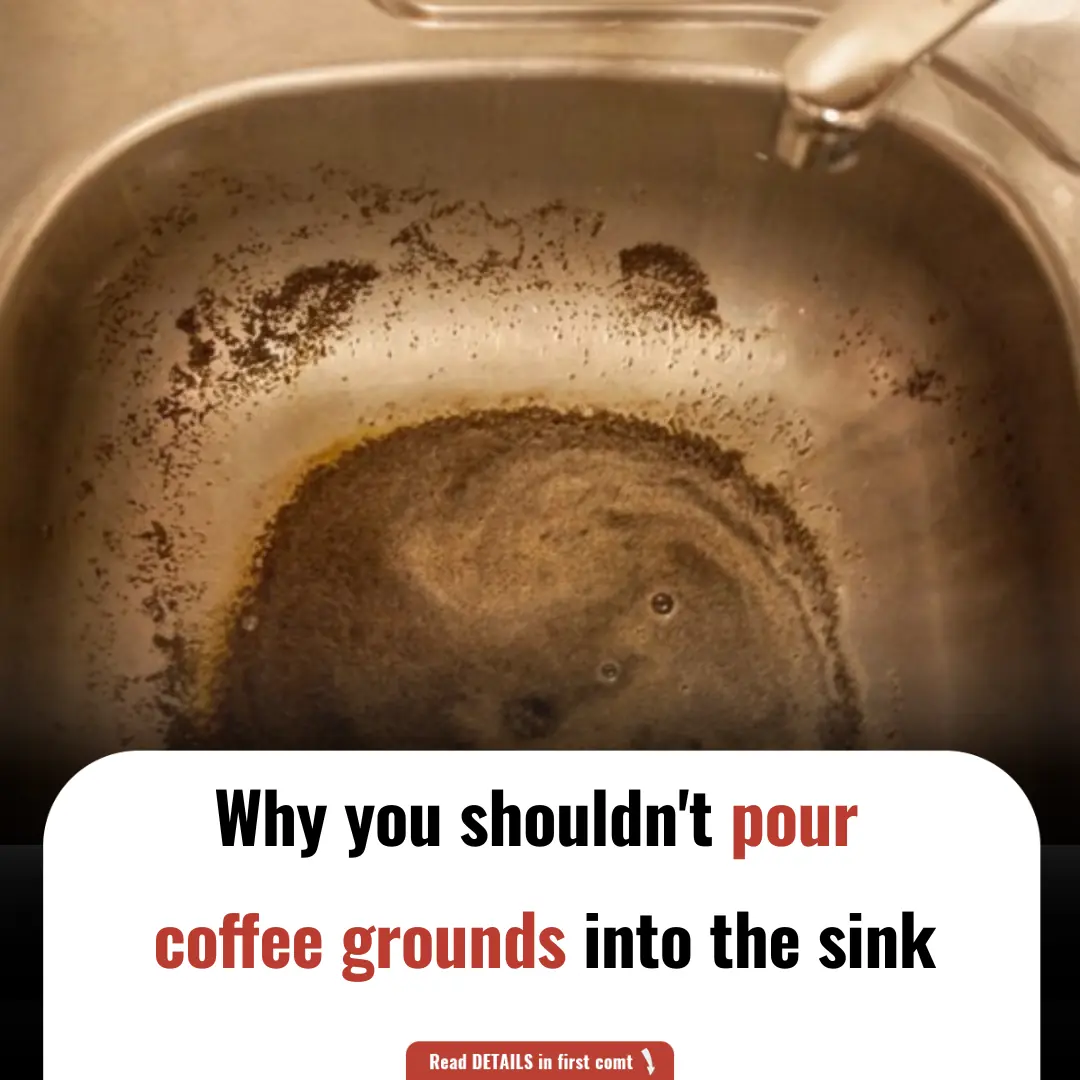Researchers have highlighted the harmful effects of a relationship trend that many of us may be guilty of, even if we don’t realize it.
Although not as extreme or as scandalous as behaviors like "hamstering"—a term that sends a shiver down the spine—this everyday habit could potentially be the catalyst for the breakdown of certain relationships, according to scientific findings. This practice appears in almost all our relationships, whether with parents, friends, or partners. However, it is the latter that often feels the most hurtful.
We are talking about "phubbing"—a behavior where the person you are engaging with disregards you in favor of their cherished phone.
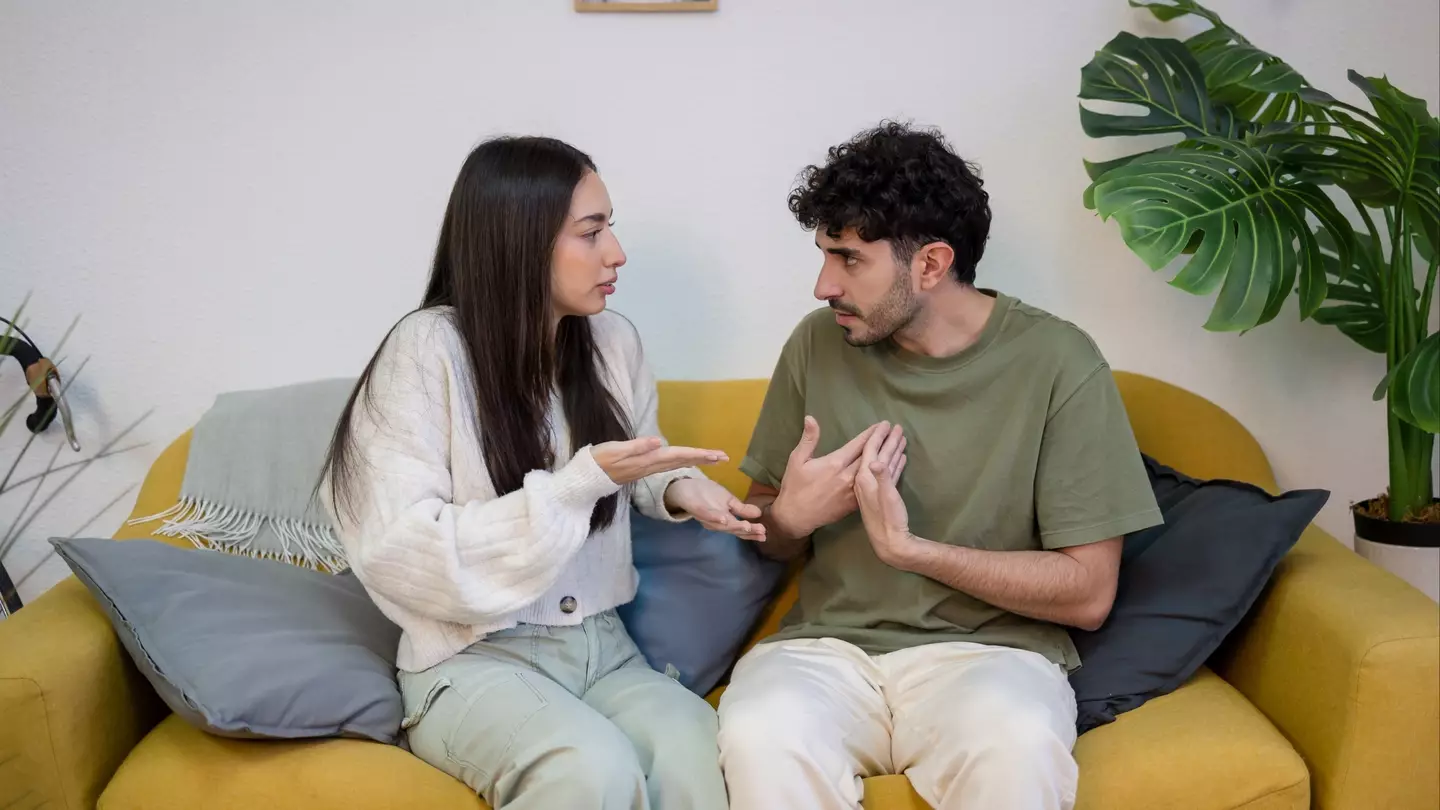
Phubbing can be a point of contention, especially for anxiously attached people (Getty Stock Images)
Everyone has done this at some point, as the influence of social media has reshaped us, leading to an attention span so short that even a goldfish might be impressed.
Now, researchers from the University of Southampton, UK, have examined how different individuals react to phubbing—and the results are rather heartbreaking.
Dr. Claire Hart, Associate Professor of Psychology at the University of Southampton and co-author of the study, explained, "We know that everyone finds phubbing frustrating and annoying. While it may seem trivial, these small moments can accumulate in relationships, leading to a feeling that your partner’s attention is elsewhere, making you feel undervalued."
The study, published in the Journal of Personality, explored three distinct personality types to understand how phubbing affects them.
A total of 196 participants took part in the study and were categorized into one of three groups: those with attachment anxiety (individuals who fear abandonment and require constant reassurance), those with attachment avoidance (individuals who are uncomfortable with intimacy and prefer to keep their distance), and those with secure attachments (individuals who feel stable and secure in relationships).
For 10 days, participants kept a diary where they recorded their feelings when their partner phubbed them and how they responded—such as by retaliating with their own phone.
The findings showed that everyone found phubbing irritating, but those with anxious attachment styles were affected the most.
Phubbing became a significant issue for anxiously attached individuals (Getty Stock Images). They reported feeling more depressed, with lowered self-esteem after being phubbed, and often retaliated by reaching for their own phone, typically to post on social media or message others for validation and comfort.
Dr. Kathy Carnelley, Associate Professor of Psychology at the University of Southampton and co-author of the study, cautioned, “While this retaliation might provide immediate comfort, it could ultimately lead to a downward spiral of poor interactions.”
Those with avoidant attachment styles were less emotionally impacted and usually refrained from confronting their partner when phubbed. When they did retaliate, it was often to gain approval, rather than to foster genuine connection.
Individuals with secure attachments, unsurprisingly, handled phubbing more effectively and didn’t spiral into negative emotions as much.
Phubbing can be countered with mindfulness (Maskot/Getty Images). Dr. Hart emphasized that being accused of phubbing can portray you as "a bad partner," but there are simple steps you can take to be more mindful of this behavior.

Phubbing can be overcome with a bit of mindfulness (Maskot/Getty Images)
"Creating phone-free zones during mealtimes or before bedtime, and discussing phone boundaries openly, can help both partners feel respected," she said.
"If you must check your phone, acknowledge the interruption, explain the reason, and quickly return your focus to your partner."
In summary, Dr. Hart’s advice is simple yet effective: "Put down your phone to pick up your relationship."

